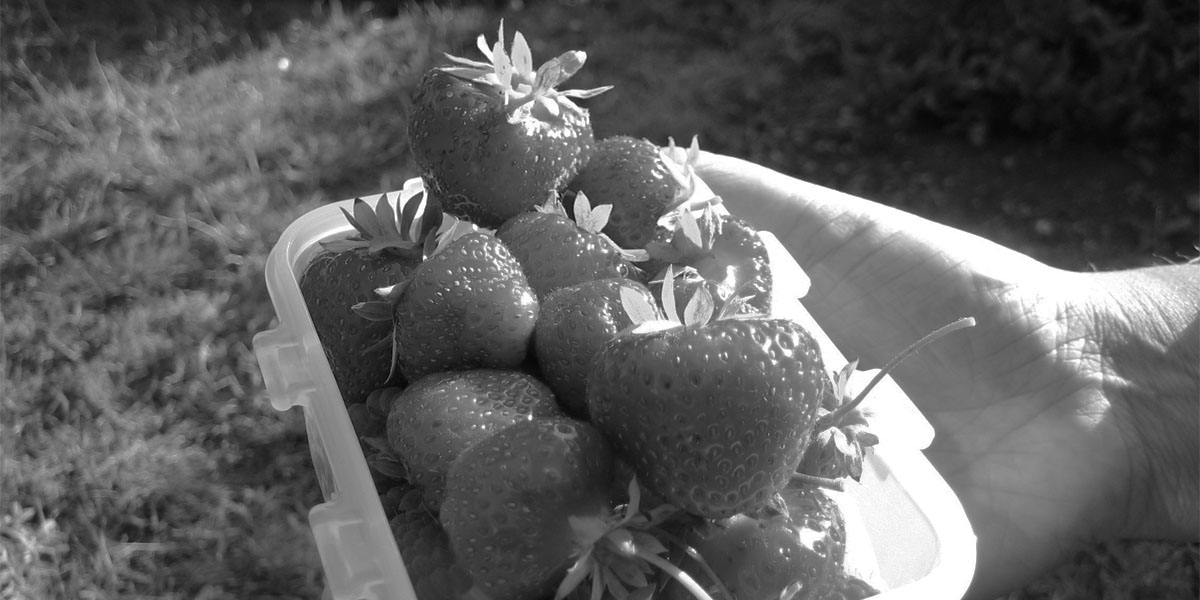How to build a one nation society
With the prospects for a rapid reduction in inequality frankly remote, One Nation social democracy has to be about more than economics. Social democrats today must set out to equalize life chances and people’s ability to lead valuable lives even...
With the prospects for a rapid reduction in inequality frankly remote, One Nation social democracy has to be about more than economics. Social democrats today must set out to equalize life chances and people’s ability to lead valuable lives even in a financially unequal society.
This implies that money and personal consumption must become a smaller component in how people in Britain thrive, secure fulfilment and pass on opportunity to future generations.
It means focusing on the intangibles – what Miliband terms the ‘common life’ of culture and social fabric – as well as the value to be gained from public and communal institutions.
So One Nation Labour is more than an argument about rebalancing markets. In my view it is a synthesis of three strands of contemporary social democratic thinking. There is the Left’s enduring commitment to egalitarianism, articulated best in the last 60 years by Crosland and Rawls, which informs the One Nation economic agenda.
But there is also a strong streak of political and social liberalism; and the communitarianism of the ‘Blue Labour’ project with its focus on relationships, morality and identity. I’ve previously argued that Ed Miliband’s brand of social democracy is best thought of as an attempt to combine these three intellectual traditions.
This is particularly true in the case of society and culture.
So when Miliband talks of One Nation he highlights our common life and the impulse to conserve, but stresses liberal values such as openness and tolerance as core to Britain’s identity and heritage.
This three-way synthesis is exemplified in his attempt to redefine Labour’s position on immigration: he argues that the way to reconcile liberalism and social conservatism is for immigration policy to be designed around the economic interests of people towards the bottom of the labour market.
The very word ‘conservative’ makes many on the Left uncomfortable, though in some respects social democracy is about conservation.
If our aim is a united society, then we will wish to preserve values, ways of life and institutions which bring us together as long as they are not based on patriarchy, prejudice or exclusion. But the term ‘conservative’ is too static and backward looking. It suggests complacency with respect to our inheritance, be that cultural intolerance or the design of our welfare institutions.
I propose ‘stewardship’ as an alternative, since it captures the Enlightenment values of progress and agency, while not dismissing continuity and heritage.
For it should always be the Left’s aim to build on as well as preserve what we inherit, to pass on something better to future cohorts.
Take for example the greening of the economy: we owe it to future generations to conserve our natural endowment, but that means investment and transformation not turning back the clock.
It’s also an area where allowing a thousand local flowers to bloom is not enough; decarbonizing society can only be achieved with the knowledge, centralised co-ordination and long-term planning of the much-maligned ‘expert’ who is so associated with the Fabian tradition.
